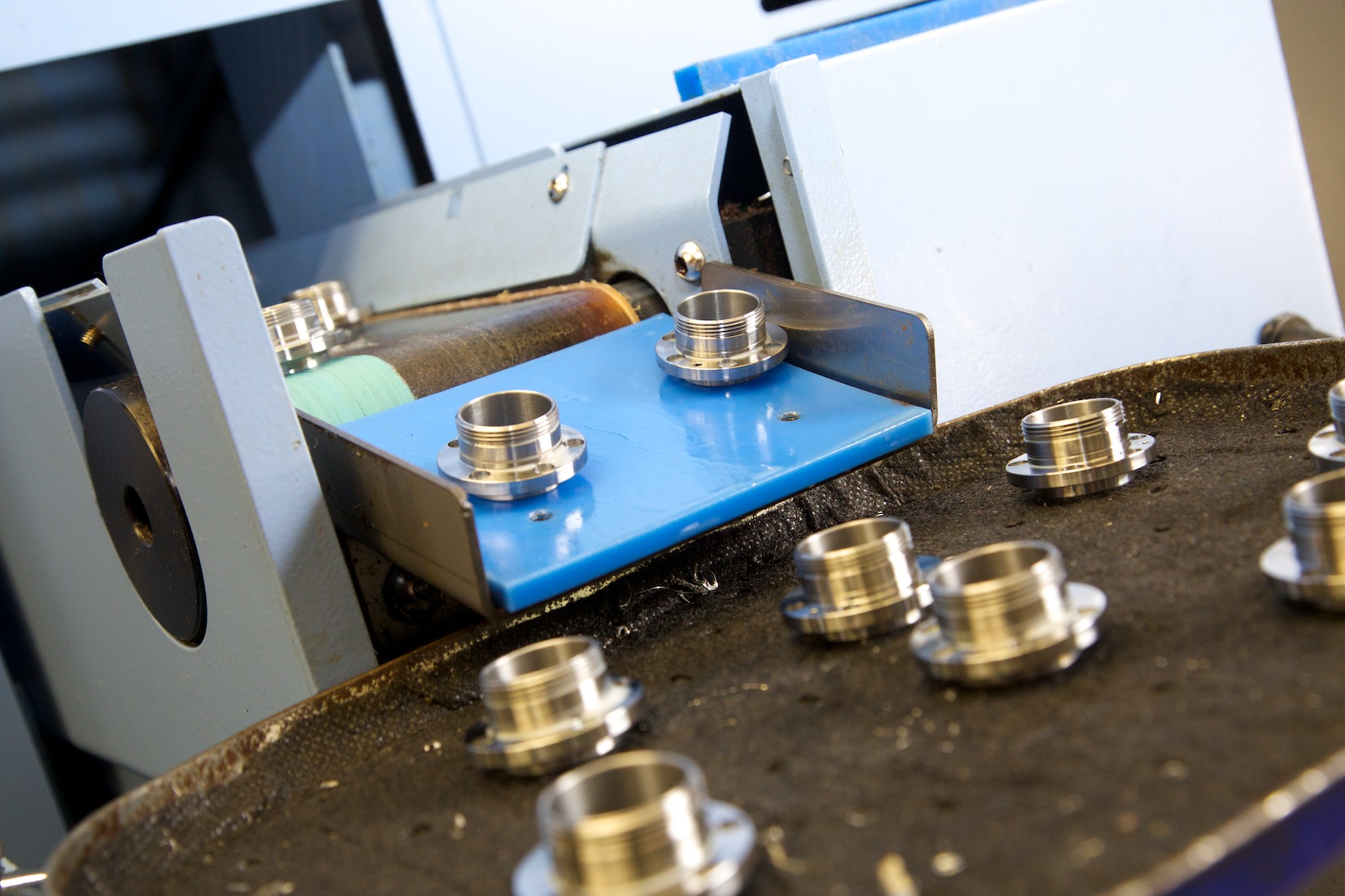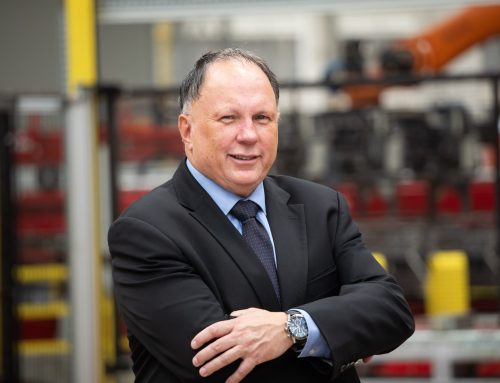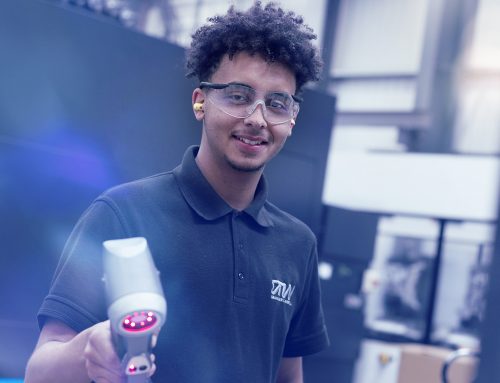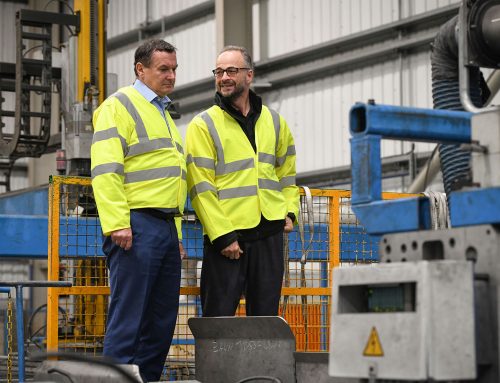Investing in the skills of their workforce is the main priority for England’s small and medium sized manufacturers (SMEs) it was revealed today.
The latest Manufacturing Barometer – produced exclusively for the Business Growth Service – reports that 71% of respondents are planning to increase spending on developing their people in a bid to unlock the ‘productivity puzzle’.
This outstrips the desire from companies to achieve productivity gains through increased investment in new capital equipment and machinery (62%) or implementing computer software and systems (56%).
The issue of skills was a strong theme throughout this report, with 74% and 63% of manufacturers stating that the skills of their management teams and non-managers respectively supported their growth.
“The race to improve productivity has been widely discussed over the past twelve months and the findings of the Manufacturing Barometer clearly show that the majority of smaller manufacturers are prepared to increase spending to gain better performance,” explained Stephen Peacock, Head of the Business Growth Service.
“What is perhaps a little surprising is that increasing investment in skills is seen as a greater priority than capital and machinery. This shows the importance firms appear to be placing on ensuring they have the right people to grow their business and this spans from retaining key staff and employing apprentices, to continuously improving existing employees.”
He continued: “Our Business Growth Managers on the ground are also reporting a rise in the number of manufacturers requesting support for leadership and management training to help with strategy, succession planning and entering new markets.
“This is something we can provide funding for through the Business Growth Service.”
The Manufacturing Barometer is the largest survey of its kind, reflecting the views of 529 senior leaders running SME manufacturers across England, employing approximately 16,000 people.
The findings reinforce recent economic data highlighting a general softening in the marketplace, with indicators – including predicted sales turnover increases in the next six months – falling back to the same level seen two years ago.
Half of firms still reported an increase in sales over the last six months, with 47% planning to take more staff on between now and the end of the year.
The appetite for new machinery and premises fell by 4%, whilst spend on new technology remained cautiously steady with 46% of firms expected to increase spending in the next 6 months.
Stephen continued: “There is a lot of global uncertainty at the moment, with exchange rate fluctuations, the falling price of oil and China’s economic performance posing significant questions over economic growth.
“This naturally cascades its way down the manufacturing supply chain and the smaller firms need to plan ahead to make sure they can cope with all scenarios, whether there is a general slowdown, delays on orders or sudden increases in volume as market confidence returns.”
The Business Growth Service brings together GrowthAccelerator and the Manufacturing Advisory Service, with additional elements from the Intellectual Property Office (Intellectual Property Audits) and the Design Council (Design Mentoring).
It also refers SME manufacturers to the right support provided by other agencies, including UK Trade & Investment, Innovate UK (including High Value Manufacturing Catapults), the British Business Bank, local Growth Hubs and UK Export Finance.
For further information, please visit www.greatbusiness.gov.uk/mas or follow @BGS_tweets/@mas_works on Twitter.






